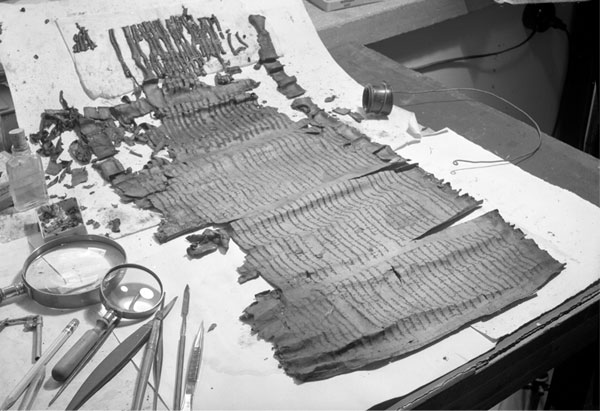|
Mandean (other)
{{disambig ...
Mandean or Mandaean may refer to: * Mandaeism, a Gnostic religion * Mandaeans, the ethnoreligious group who follow the Gnostic religion * Mandean, the language family in West Africa known as the Mande languages See also * Mandaic (other), the variety of Aramaic and its alphabet used by the Mandaeans * Mande (other) Mande may refer to: * Mandé peoples of western Africa * Mande languages * Manding, a term covering a subgroup of Mande peoples, and sometimes used for one of them, Mandinka * Garo people of northeastern India and northern Bangladesh * Mande River ... [...More Info...] [...Related Items...] OR: [Wikipedia] [Google] [Baidu] |
Mandaeism
Mandaeism ( Classical Mandaic: ࡌࡀࡍࡃࡀࡉࡉࡀ ; Arabic: المندائيّة ), sometimes also known as Nasoraeanism or Sabianism, is a Gnostic, monotheistic and ethnic religion. Its adherents, the Mandaeans, revere Adam, Abel, Seth, Enos, Noah, Shem, Aram, Jesus and especially John the Baptist. Mandaeans consider Adam, Seth, Noah, Shem and John the Baptist prophets with Adam being the founder of the religion and John being the greatest and final prophet. The Mandaeans speak an Eastern Aramaic language known as Mandaic. The name 'Mandaean' comes from the Aramaic '' manda'', meaning knowledge. Within the Middle East, but outside their community, the Mandaeans are more commonly known as the (singular: ), or as Sabians (, ). The term is derived from an Aramaic root related to baptism. The term Sabians derives from the mysterious religious group mentioned three times in the Quran alongside the Jews, the Christians and the Zoroastrians as a ' People of t ... [...More Info...] [...Related Items...] OR: [Wikipedia] [Google] [Baidu] |
Mandaeans
Mandaeans ( ar, المندائيون ), also known as Mandaean Sabians ( ) or simply as Sabians ( ), are an ethnoreligious group who are followers of Mandaeism. They believe that John the Baptist was the final and most important prophet. They may have been among the earliest religious groups to practice baptism, as well as among the earliest adherents of Gnosticism, a belief system of which they are the last surviving representatives today. The Mandaeans were originally native speakers of Mandaic, an Eastern Aramaic language, before they nearly all switched to Iraqi Arabic or Persian as their main language. After the invasion of Iraq by the United States and its allies in 2003, the Mandaean community of Iraq, which before the war numbered 60,000-70,000 persons, collapsed due to the rise of Islamic extremism and the absence of protection against it; with most of the community relocating to Iran, Syria and Jordan, or forming diaspora communities beyond the Middle East. Man ... [...More Info...] [...Related Items...] OR: [Wikipedia] [Google] [Baidu] |
Mande Languages
The Mande languages are spoken in several countries in West Africa by the Mandé peoples and include Maninka, Mandinka, Soninke, Bambara, Kpelle, Dioula, Bozo, Mende, Susu, and Vai. There are "60 to 75 languages spoken by 30 to 40 million people", chiefly in Burkina Faso, Mali, Senegal, the Gambia, Guinea, Guinea-Bissau, Sierra Leone, Liberia, and Ivory Coast, and also in northwestern Nigeria and northern Benin. The Mande languages show lexical similarities with the Atlantic–Congo language family, and the two have been classified together as a Niger–Congo language family since the 1950s. However, the Mande languages lack the noun-class morphology that is the primary identifying feature of the Atlantic–Congo languages. Without the help of that feature, a demonstration of the validity of Niger–Congo will require reconstructing both Proto-Mande and Proto-Atlantic–Congo. Until that work is done, linguists have increasingly decided to treat Mande and Atlantic–Co ... [...More Info...] [...Related Items...] OR: [Wikipedia] [Google] [Baidu] |
Mandaic (other)
Mandaic may refer to: * Mandaic language * Mandaic alphabet ** Mandaic (Unicode block) Mandaic is a Unicode block containing characters of the Mandaic script used for writing the historic Eastern Aramaic, also called Classical Mandaic, and the modern Neo-Mandaic language. History The following Unicode-related documents record t ... {{disambiguation Language and nationality disambiguation pages ... [...More Info...] [...Related Items...] OR: [Wikipedia] [Google] [Baidu] |

